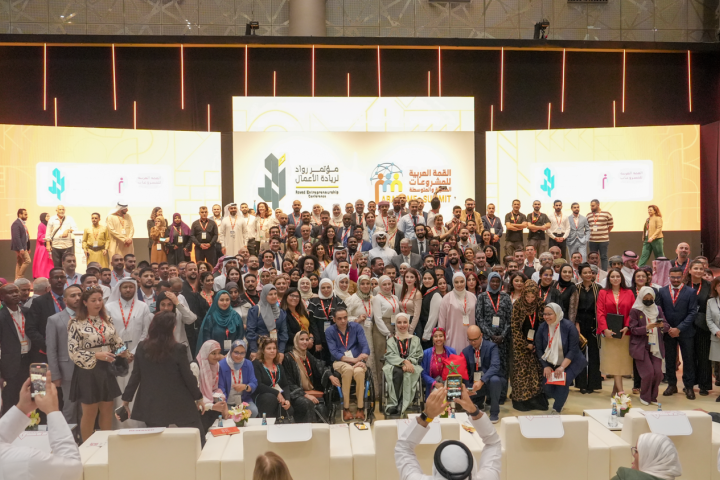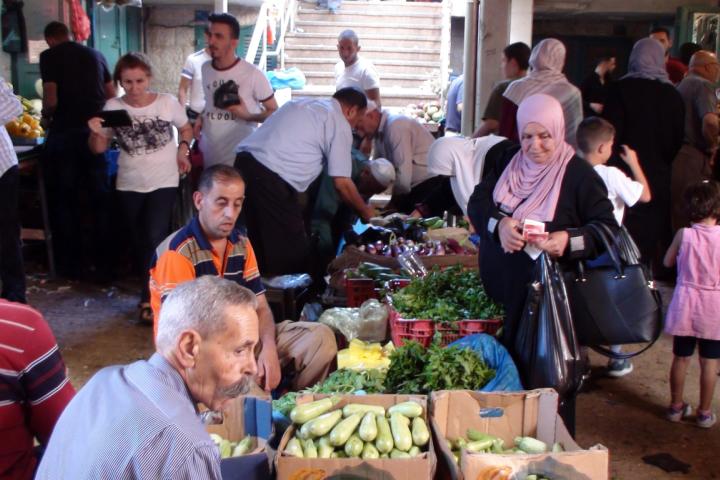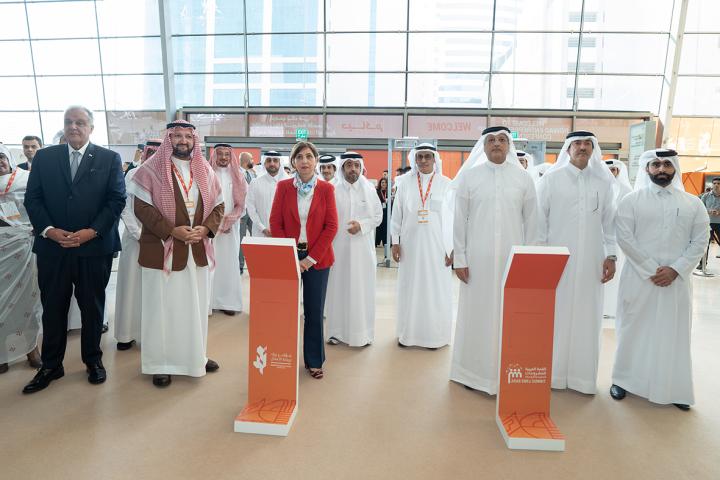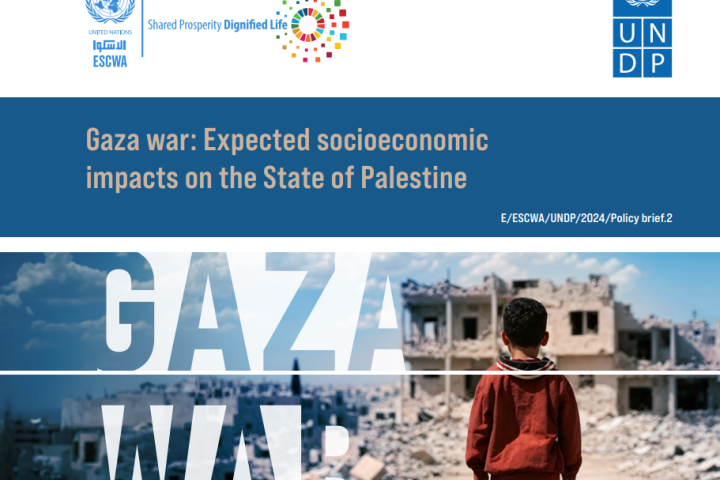Press release
23 Jan 2017
Beirut, Lebanon
Arab Experts Meet Tomorrow to Track Progress toward Implementation of Energy-Related SDGs
Participants of the EGM will include members of the Energy Committee and the focal points in energy statistics of ESCWA, as well representatives of the International Energy Agency (IEA), the World Bank (WB), the UN Economic Commission for Africa (ECA), and other relevant stakeholders from Bahrain, Egypt, Jordan, Mauritania, Oman, Palestine, Sudan, the United Arab Emirates, and Lebanon.
The EGM, which opens at 8:30 am tomorrow Tuesday, aims to focus on each country and sub-region and understand national statistical capabilities and perspectives on energy data collection challenges; harmonise methodologies for measuring SDGs and indicators related to energy resources; identify differences and similarities between countries’ approaches and understandings of sustainable energy today and in the future; identify key milestones, major uncertainties and risks in the Arab countries and sub-regions for achieving sustainable energy future in 2030 and beyond; collect ideas for policies to support achievement of sustainable energy in 2030 and beyond; and to increase alignment of Member States’ national plans with the energy Sustainable Development Goals.
Experts will mainly review and discuss the primary indicators and key data that will be included in the regional profile, and identify trends in the data or important regional/country context to be included in the regional profile. They will focus on identifying any areas that might be sensitive or problematic and need further review, as well as demonstrating how GTF indicators will evolve and can be useful to policymakers and statistical agencies.
The experts will also try to identify existing national and regional data that can be featured in the regional reports to complement/explain the GTF indicators. They will also discuss the gaps between policies in place today and the targets set for a sustainable energy future, and debate the role of energy efficiency, low-carbon technologies (renewable energy, nuclear, others), and fossil fuels in future energy mixes. The EGM will discuss the link between energy and other areas such as water, food, climate, economic growth. Participants will tackle as well the discourse on how uncertainty about the future energy system can be reflected in policymaking, such as in the formulation of adaptive policy pathways. In the end, they will brainstorm on the policy options that may be chosen to enter a sustainable energy pathway.
The Arab region is facing an unprecedented threat caused by its unsustainable trend of energy consumption and dependency, affecting human development, the ecosystem and sustainable energy production. Furthermore, with major uncertainties in the world energy market, geopolitical climate, and recovering global economy, it is ever more important for the Arab countries to build a sustainable energy system which would involve a substantial transition from what is in place today by aligning the sustainable development agenda with their national priorities, capabilities, and circumstances. Thus, transitioning to a sustainable energy system is an opportunity to improve energy efficiency from source to use and minimise environmental impacts.
*****
For more information:
Nabil Abu-Dargham +961-70-99 31 44
Ms. Mirane Abi-Zaki +961-76-04 64 02
dargham@un.org
abi-zaki@un.org
harb1@un.org
escwa-ciu@un.org
For more ESCWA news, please visit:
Website: www.unescwa.org Facebook: www.facebook.com/unescwa Twitter: @ESCWACIU



